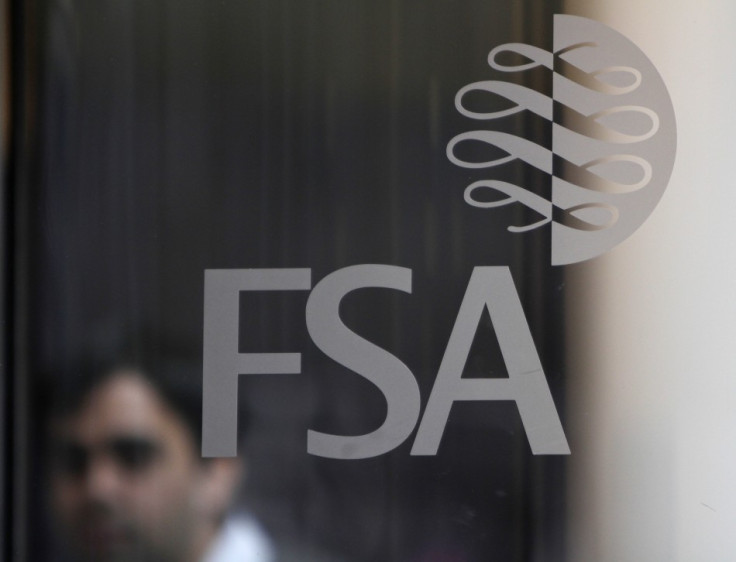Libor Fixing Scandal: Internal Audit Report Defends FSA Role In Investigations

The Financial Services Authority hit back at accusations that it acted too slowly in the face of Libor fixing allegations with an internal audit that cleared it of any major regulatory failure - but admitted mistakes in spotting the global scandal.
The UK watchdog's report, published on its website, said all levels of management were aware of severe dislocation in the Libor market but found no evidence to suggest failures on the scale identified in the collapse of Northern Rock in March 2008 or the rescue of the Royal Bank of Scotland. The FSA instead listed a series of recommendations where its oversight could have improved.
"The FSA's bank supervisors were primarily focused on ensuring they understood the prudential implications of severe market dislocation," said chairman Adair Turner in the statement. "And the FSA had no formal regulatory responsibility for the Libor submission process. As a result, the FSA did not respond rapidly to clues that lowballing might be occurring. There are important lessons to be learnt about effective handling of information."
The audit searched 17 million records, reviewed 97,000 documents in detail, and interviewed 20 FSA employees or ex-employees. The report revealed that of the 97,000 documents reviewed in detail, 26 are judged as providing a direct reference to lowballing or a reference that could have been interpreted as such.
It added that while taking the information cumulatively the likelihood that lowballing was occurring should have been considered and the information received should have been better managed.
Turner signalled that when the watchdog splits into the Financial Conduct Authority and the Prudential Regulatory Authority in April this year, the dual regulatory regime will learn from "six important lessons," identified in this report.
This includes looking outside the regulatory perimeter at different products and markets and their implications.
Barclays became the first bank to settle with US and UK authorities in June last year for £290m (€335m /$443m) for manipulating Libor and Euribor, a flurry of regulators across the world launched their own investigations into dozens of other banks.
In December last year, UBS paid a $1.5bn fine to authorities in the UK, the US and Switzerland and pleaded guilty to one count of wire fraud with the US Justice Department in relation to rate manipulation in the market for yen Libor.
Following suit, RBS settled with US and UK authorities for a £390m fine and pleaded guilty for criminal charges from its Japanese subsidiary, in February this year.
© Copyright IBTimes 2025. All rights reserved.






















